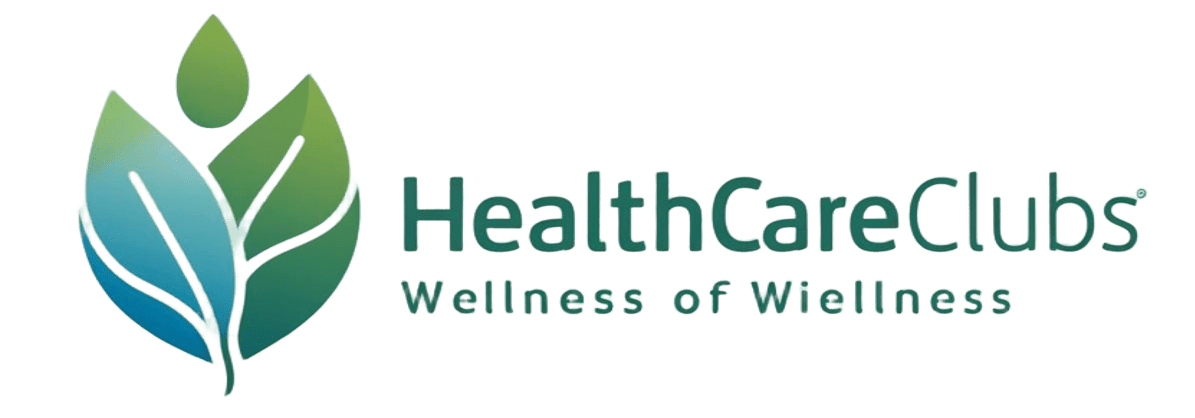Cholesterol is a waxy, fat-like material that occurs naturally inside all cells of the human body. It is needed for the proper functioning of the body, contributing to the production of hormones, vitamin D, and the bile acids needed to digest fat. A high concentration of cholesterol in the bloodstream can lead to an increase in heart disease and stroke, however. Both low-density lipoprotein (LDL) and high-density lipoprotein (HDL) are the two primary forms of cholesterol. LDL cholesterol is known as the “bad” cholesterol since it tends to accumulate on the walls inside the arteries, causing the condition known as atherosclerosis. HDL cholesterol is the so-called “good” cholesterol since it assists in the removal of the LDL cholesterol from the bloodstream.
In order to keep cholesterol levels healthy, one should maintain proper nutrition, exercise regularly, manage stress, give up smoking, drink less alcohol, and use natural supplements and treatments. Knowing the functions of cholesterol in the body and how it affects overall wellness can help individuals take the initiative to keep cholesterol at the optimum level to prevent cardiovascular diseases.
Diet and Nutrition
Diet and nutrition are the keys to cholesterol management. Eating foods high in saturated fats and trans fats can raise the levels of LDL cholesterol, whereas eating foods high in soluble dietary fibers can decrease the levels of LDL cholesterol. It is necessary to put added emphasis on eating whole grains, fruits, green leafy vegetables, lean proteins, and healthy fats. Foods like oats, barley, beans, nuts, and seeds are especially good at reducing cholesterol levels due to the high fiber content of the foods. Eating foods containing high levels of omega-3 fatty acids, such as fatty fish including salmon and mackerel, can increase HDL cholesterol levels.
Aside from eating healthy foods, one should be mindful of portion sizes and not consume too much. It is also significant to maintain healthy weight to manage cholesterol, keeping in mind that too much body fat contributes to high levels of LDl cholesterol. Eating a well-balanced and healthy diet helps manage cholesterol levels, lowering the chances of acquiring heart disease and stroke.

Exercise and Physical Activity
Regular exercise is yet another crucial element to maintain cholesterol levels and cardiovascular well-being. A combination of walking, running, cycling, swimming, or dancing can increase levels of HDL cholesterol while decreasing levels of LDL cholesterol. Regular exercise enhances circulation, builds the heart muscle, and prevents the formation of blood clots. Have at least 150 minutes of moderate exercise per week or 75 minutes per week of vigorous exercise to enjoy the effect that exercise has on cholesterol levels.
Aside from aerobic exercise, adding strength training to the exercise routine can be helpful in the management of cholesterol too. Acquiring muscle mass can aid metabolism and insulin sensitivity, which can translate to improved cholesterol levels. An activity that one enjoys doing and can stick to is one that should be found so that regular exercise can be achieved. Prioritizing exercise can enhance one’s total well-being and lower the chances of cardiovascular diseases.
Stress Management
Chronic stress can affect cholesterol levels and cardiovascular health negatively. When the body experiences stress, it discharges hormones like cortisol and adrenaline, which can raise the levels of LDL cholesterol and lower the levels of HDL cholesterol. It is crucial to manage stress efficiently to ensure healthy cholesterol levels. It is possible to alleviate this type of stress using methods like deep breathing, meditation, yoga, tai chi, and progressive muscle relaxation, which reduce the stress levels and induce calmness. Aside from the use of relaxing techniques, one can address stress through activities that are fun and fulfilling. Spending time with family members, doing hobbies, or doing mindful practices can all be part of the sense of wellness that can decrease the adverse impact of constant stress to the cholesterol levels. Stress management, therefore, can be the first step towards a healthy lifestyle that can lower one’s chances of acquiring cardiovascular diseases.
Quit Smoking
Smoking has been found to contribute to elevated levels of LDL cholesterol, decreased levels of HDL cholesterol, and risk of heart disease, along with stroke. Tobacco smoke components can cause damage to the walls of the arteries, causing plaque deposition and vasoconstriction of arteries. Quitting smoking is the most efficient means of reducing cholesterol levels as well as cardiovascular diseases. It is necessary to consult healthcare professionals or smoking cessation services to be able to quit smoking successfully.
Aside from having professional assistance, alternative mechanisms of coping, along with support systems, can also prove to be helpful while quitting smoking. Getting regular exercise, learning stress management, and acquiring healthy distractions can all be part of the successful smoking quitting process. Quitting smoking can help improve one’s overall well-being and lower the chances of getting heart disease and stroke.

Limit alcohol use
Although moderate alcohol consumption has been linked to improved levels of HDL cholesterol, heavy alcohol use can cause triglyceride levels to become elevated and promote higher blood pressure. To enjoy the possible benefit to the cholesterol levels while not raising the risk for any cardiovascular issues, limiting alcohol to moderate levels should be practiced. Moderate alcohol use has been defined as one drink per day for females and two per day for males, how to lower cholesterol naturally.
Aside from liquor monitoring, one should pay attention to the proper serving sizes and consume low-calorie alcohol beverages when drinking alcohol. It is equally essential to prevent binge drinking or excessive drinking, which can contribute to negative impacts on cholesterol levels and cardiovascular well-being. As one becomes attentive to alcohol consumption and adopts good eating habits, one can regulate cholesterol levels remarkably well and minimize the risk of heart ailments and stroke.
Natural Supplements and Remedies Apart from lifestyle modifications, natural supplements and treatments can be helpful to regulate cholesterol levels, too. Plant sterols/stanols, red yeast rice, garlic, and fish oil, to name a few, can be helpful to lower one’s LDL cholesterol levels, but it is necessary to take advice from a doctor before one can use such supplements or treatments, which can interact with medications or prove to be counterproductive to some individuals.
Apart from using supplements, the introduction of specific foods into the diet can further contribute to lowering cholesterol levels. Green tea, turmeric, ginger, and flaxseeds are foods that are found to possess cholesterol-lowering abilities. These foods should be eaten as part of an overall diet, not depending solely on supplement use to regulate cholesterol levels. Under the supervision of a healthcare practitioner, it is possible to look into using natural supplements and treatments to take early action towards the management of overall well-being, lowering the risk of cardiovascular diseases.
![]()






